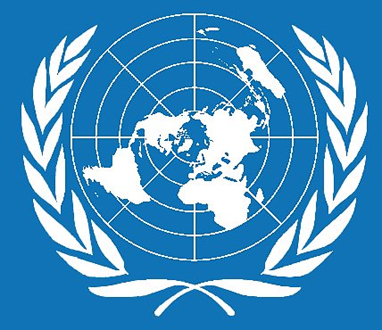DHAKA, Feb 27, 2018 (BSS) – United Nations Development Programme (UNDP) and the Law and Justice Division of Ministry of Law, Justice and Parliamentary Affairs jointly launched the National Justice Coordination Committee (NJCC) today in order to improve the justice service delivery in Bangladesh.
Law Minister Anisul Huq spoke on the occasion as chief guest with Law and Justice Division Secretary Abu Saleh Sheikh Mod Zahirul Haque in the chair, said a press release.
Supreme Court Registrar General (in-charge) Dr Md Zakir Hossain, Joint Secretary (opinion) of Law and Justice Division Umme Kulsum and UNDP Country Director Sudipto Mukherjee spoke, among others.
NJCC is expected to create a significant impact on the justice system in Bangladesh as the committee will provide oversight and will act as an advisory body for the whole justice sector as well as lead the sector’s strategic reform process.
Equitable access to justice for all citizens including women and vulnerable groups is a key priority for the government, which is also in line with the Goal 16 (Peace, Justice and Strong Institutions) of SDGs.
Anisul Huq said, “Justice sector reform is crucial for improvement of justice service delivery in Bangladesh. There are many agencies in the justice sector but lack of coordination and cooperation among the agencies is hindering the delivery of justice efficiently. The NJCC will help to improve the case management and justice service delivery.”
The government, he said, considers that the establishment of the NJCC would contribute to the improved analysis of problems in the justice sector and ensure that resources are used as cost-effectively as possible.
Umme Kulsum shared the international experience on coordination model, while Bikash Kumar Saha, Joint Secretary (Admin) of the same ministry presented the guidelines and proposed road map of NJCC.
Dr Md Zakir Hossain said “The NJCC is a permanent meeting, advisory and decision-making structure that comprises the most senior officials and includes executive-level policy makers from across the sector. The role of the committee is to lead the justice sector’s strategic reform process based on inputs and analysis from the District Justice Coordination Committees and other key stakeholders.”
Sudipto Mukherjee highlighted the role of his agency and said, “Strengthened Justice and Human Rights institutions that better serve and protect human rights of all citizens including women and vulnerable groups, is one of the major outcomes, mentioned in the United Nations Development Framework (UNDAF).”



